Dive into the realm of world history with Abeka World History Test 8, an essential assessment designed to test your knowledge and comprehension. This comprehensive guide provides an engaging overview of the test’s structure, content, and preparation strategies, ensuring your success.
Embark on a historical journey as we explore the key concepts, events, and figures covered in Abeka World History Test 8, equipping you with the tools to excel in this challenging examination.
Overview of Abeka World History Test 8
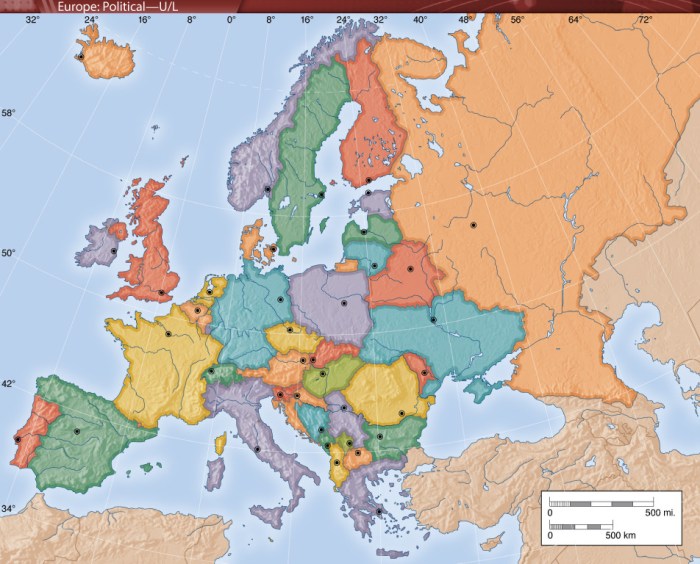
Abeka World History Test 8 is a comprehensive assessment designed to evaluate students’ understanding of the major events, themes, and concepts covered in the corresponding Abeka World History curriculum. This test is typically administered at the end of the eighth grade or the completion of the relevant course material.
If you’re looking to tackle the Abeka World History Test 8, don’t sweat it! We’ve got you covered with a wealth of resources to help you ace the test. Speaking of tests, if you’re also prepping for the upcoming RN HESI Exit Exam 2023 , we’ve got you covered there too.
And of course, we’ll continue to provide all the support you need to conquer the Abeka World History Test 8!
Target Audience and Grade Level
Abeka World History Test 8 is primarily intended for students in the eighth grade who have completed the Abeka World History curriculum. The test is aligned with the educational standards and objectives Artikeld for this grade level and is designed to assess students’ mastery of the subject matter.
Test Structure and Format
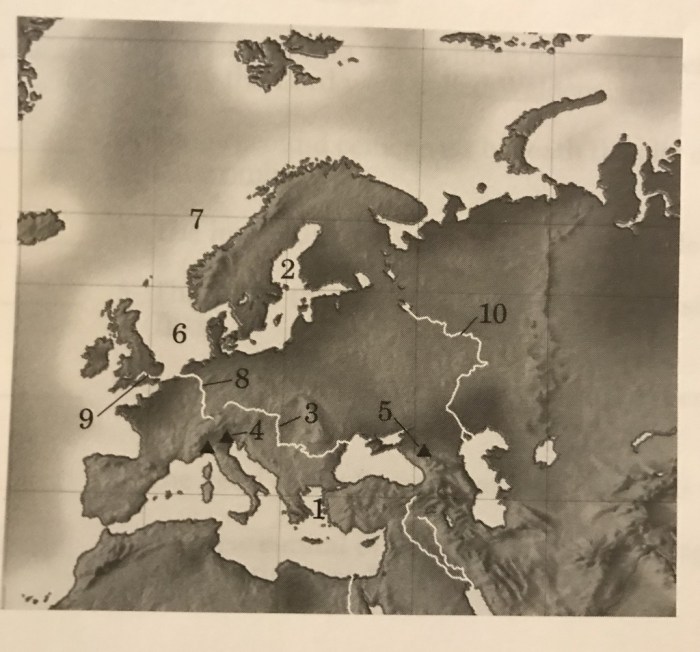
Abeka World History Test 8 follows a comprehensive structure to assess students’ understanding of the subject matter. The test consists of a variety of question types designed to evaluate different levels of knowledge and skills.
Question Types
The test comprises the following types of questions:
- Multiple Choice: These questions present multiple options, with only one correct answer.
- Short Answer: Students are required to provide brief, concise responses to questions.
- Essay: Students are asked to demonstrate their understanding and analysis of historical events and concepts in extended written responses.
The distribution of question types may vary slightly depending on the specific content covered in the test. However, the combination of these question formats ensures a thorough evaluation of students’ knowledge, critical thinking, and writing abilities.
Content Covered in the Test
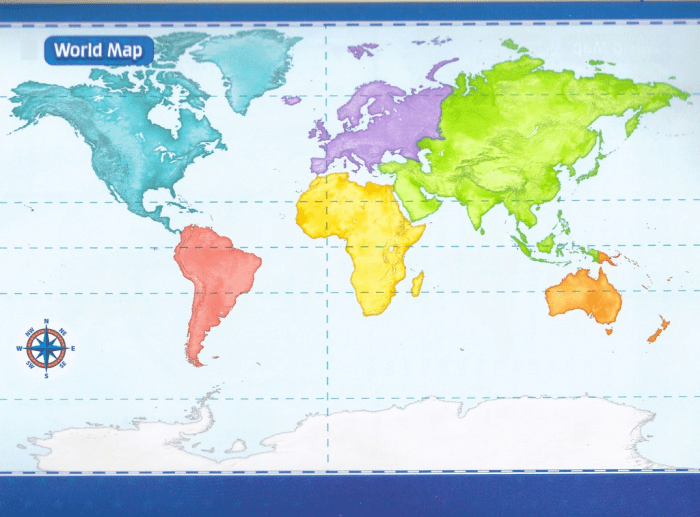
Abeka World History Test 8 covers a wide range of historical periods, events, and figures. The content is organized into logical sections or chapters for better understanding.
Ancient Egypt and Mesopotamia
- Development of early civilizations in the Nile and Tigris-Euphrates valleys
- Key achievements in art, architecture, and writing
- Social and political structures of ancient Egypt and Mesopotamia
The Classical Age of Greece and Rome
- Emergence of democratic government in ancient Greece
- Philosophical and scientific advancements during the Golden Age of Greece
- Expansion and decline of the Roman Empire
The Middle Ages
- Rise of Christianity and its impact on European society
- Development of feudalism and the Crusades
- Cultural and scientific advancements during the High Middle Ages
The Renaissance and Reformation
- Rediscovery of classical learning and the birth of humanism
- Artistic and scientific achievements during the Italian Renaissance
- Religious upheaval and the Protestant Reformation
The Age of Exploration and Enlightenment
- European exploration of the Americas, Africa, and Asia
- Scientific advancements and the rise of rationalism
- Political revolutions and the spread of Enlightenment ideas
Study Resources and Preparation Tips
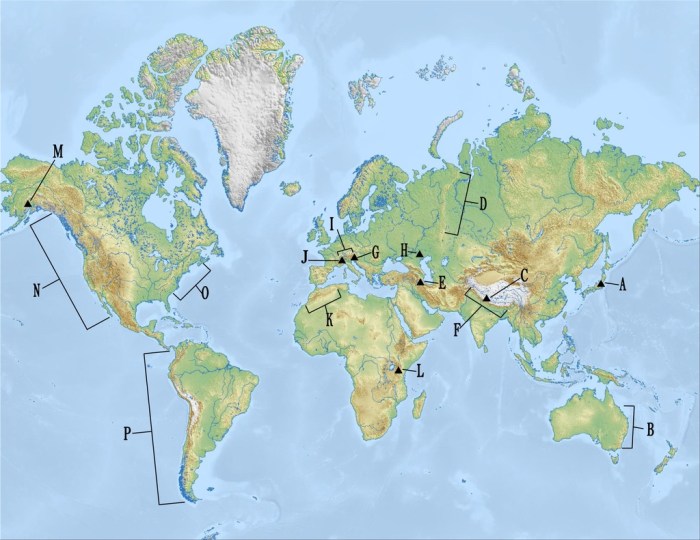
To excel in Abeka World History Test 8, it’s essential to equip yourself with the right study resources and develop effective preparation strategies. Here are some valuable tips to help you succeed.
Effective Study Resources, Abeka world history test 8
- Abeka Textbook and Online Resources:The Abeka World History textbook is the primary study material. Utilize the online resources, such as videos, quizzes, and interactive maps, to enhance your understanding.
- Historical Documentaries and Videos:Watching documentaries and videos on specific historical events or periods can provide a vivid and engaging learning experience.
- Historical Fiction Books:Reading historical fiction books can bring history to life and make it more relatable.
- Study Groups and Online Forums:Join study groups or participate in online forums to discuss concepts, ask questions, and collaborate with others.
Test-Taking Strategies
- Time Management:Practice taking timed tests to improve your time management skills and ensure you can complete the test within the allotted time.
- Multiple-Choice Questions:Read the question and answer choices carefully. Eliminate incorrect answers and select the best choice based on your knowledge.
- Short Answer Questions:Provide concise and accurate answers that demonstrate your understanding of the topic. Support your answers with specific examples or evidence.
- Essay Questions:Plan your response before writing. Use a clear and logical structure, provide supporting evidence, and proofread your work for errors.
5. Scoring and Interpretation
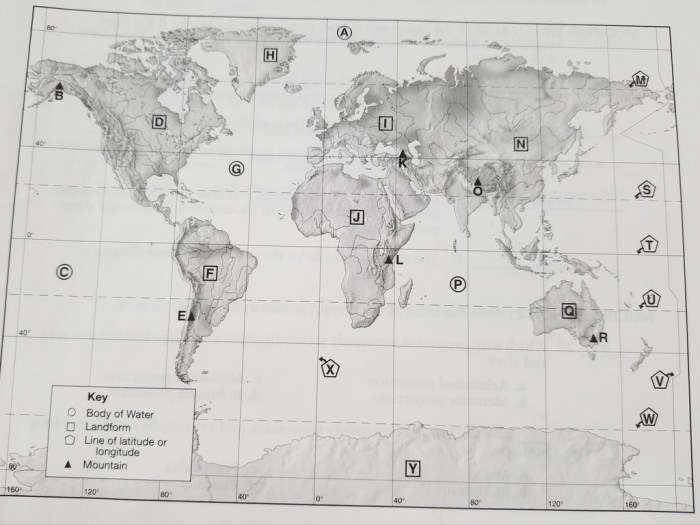
The Abeka World History Test 8 is scored based on the number of correct answers. The total number of questions on the test may vary, but generally ranges from 50 to 100. Each correct answer is worth one point, and the total score is the sum of all correct answers.
Interpreting Test Results
Once you have received your test score, it is important to interpret the results to identify areas for improvement. Here are some guidelines for interpreting your test results:
- High score (80% or above):You have a strong understanding of the content covered in the test. Continue to review the material and consider taking additional challenges, such as exploring related topics in more depth.
- Average score (60-79%):You have a good understanding of the content, but there are some areas where you can improve. Focus on reviewing the material you struggled with and consider seeking additional support from your teacher or a tutor.
- Low score (below 60%):You may need to significantly improve your understanding of the content. Consider reviewing the material thoroughly, seeking additional support, and possibly retaking the test.
In addition to your overall score, it is also helpful to review your performance on individual questions. This can help you identify specific areas where you need to focus your improvement efforts.
Sample Questions and Answers: Abeka World History Test 8
Here are some sample questions from Abeka World History Test 8, along with detailed answers and explanations:
Sample Question 1
Question: What was the main goal of the French Revolution?Answer: To establish a republic based on the principles of liberty, equality, and fraternity.Explanation: The French Revolution was a period of radical social and political upheaval in France that began with the Estates General of 1789 and ended with the formation of the French Consulate in November 1799. The main goal of the revolution was to overthrow the monarchy and establish a republic based on the principles of liberty, equality, and fraternity.
Sample Question 2
Question: What was the significance of the Battle of Waterloo?Answer: It marked the final defeat of Napoleon Bonaparte and the end of the Napoleonic Wars.Explanation: The Battle of Waterloo was a decisive battle fought on June 18, 1815, near Waterloo in present-day Belgium.
The battle was fought between the French army under Napoleon Bonaparte and the Anglo-Allied army under the Duke of Wellington. The battle resulted in the defeat of Napoleon and the end of the Napoleonic Wars.
Sample Question 3
Question: What were the main causes of World War I?Answer: Nationalism, imperialism, militarism, and alliances.Explanation: World War I was a global war that lasted from 1914 to 1918. The main causes of the war were nationalism, imperialism, militarism, and alliances.
Nationalism is the belief that one’s own nation is superior to others and should be independent. Imperialism is the policy of extending a nation’s authority by territorial acquisition or by the establishment of economic and political dominance over other nations.
Militarism is the glorification of the military and the belief that military power is the best way to solve international problems. Alliances are agreements between nations to cooperate in military and diplomatic matters.
FAQ Corner
What is the purpose of Abeka World History Test 8?
Abeka World History Test 8 is an assessment tool designed to evaluate students’ knowledge and understanding of key historical concepts, events, and figures covered in the Abeka World History curriculum.
What grade level is Abeka World History Test 8 intended for?
Abeka World History Test 8 is typically administered to students in grades 8 or 9, depending on the school’s curriculum and pacing.
What types of questions are included in Abeka World History Test 8?
Abeka World History Test 8 typically includes a variety of question types, such as multiple choice, short answer, and essay questions, to assess students’ knowledge and critical thinking skills.